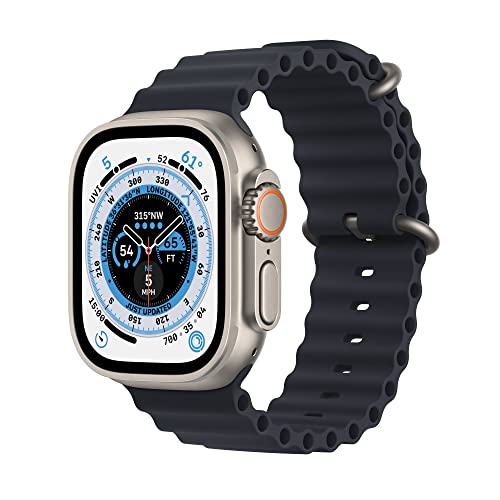Go offline with the Player FM app!
React Remix with Ryan Florence
Manage episode 472417838 series 2455731
Remix is a full-stack, open-source web framework that was developed by the creators of the popular React Router library. It focuses on features such as server-side rendering and efficient data loading, and it emphasizes developer experience.
Ryan Florence is a co-creator of React Remix and in this episode he speaks with Josh Goldberg about the Remix project.
Josh Goldberg is an independent full time open source developer in the TypeScript ecosystem. He works on projects that help developers write better TypeScript more easily, most notably on typescript-eslint: the tooling that enables ESLint and Prettier to run on TypeScript code. Josh regularly contributes to open source projects in the ecosystem such as ESLint and TypeScript. Josh is a Microsoft MVP for developer technologies and the author of the acclaimed Learning TypeScript (O’Reilly), a cherished resource for any developer seeking to learn TypeScript without any prior experience outside of JavaScript. Josh regularly presents talks and workshops at bootcamps, conferences, and meetups to share knowledge on TypeScript, static analysis, open source, and general frontend and web development.
Please click here to see the transcript of this episode.
Sponsorship inquiries: sponsor@softwareengineeringdaily.com
2098 episodes
Manage episode 472417838 series 2455731
Remix is a full-stack, open-source web framework that was developed by the creators of the popular React Router library. It focuses on features such as server-side rendering and efficient data loading, and it emphasizes developer experience.
Ryan Florence is a co-creator of React Remix and in this episode he speaks with Josh Goldberg about the Remix project.
Josh Goldberg is an independent full time open source developer in the TypeScript ecosystem. He works on projects that help developers write better TypeScript more easily, most notably on typescript-eslint: the tooling that enables ESLint and Prettier to run on TypeScript code. Josh regularly contributes to open source projects in the ecosystem such as ESLint and TypeScript. Josh is a Microsoft MVP for developer technologies and the author of the acclaimed Learning TypeScript (O’Reilly), a cherished resource for any developer seeking to learn TypeScript without any prior experience outside of JavaScript. Josh regularly presents talks and workshops at bootcamps, conferences, and meetups to share knowledge on TypeScript, static analysis, open source, and general frontend and web development.
Please click here to see the transcript of this episode.
Sponsorship inquiries: sponsor@softwareengineeringdaily.com
2098 episodes
All episodes
×1 Modern Distributed Applications with Stephan Ewen 41:20
1 Chip Design in the AI Era with Thomas Andersen 50:33
1 OpenTofu with Cory O’Daniel and Malcolm Matalka 48:58
1 Mojo and Building a CUDA Replacement with Chris Lattner 56:14
1 Building PostgreSQL for the Future with Heikki Linnakangas 42:12
1 Anthropic and the Model Context Protocol with David Soria Parra 51:30
1 Grand Theft Auto III on the Dreamcast with Falco Girgis and Stef Kornilios Mitsis Poiitidis 47:39
1 SED News: CoreWeave IPO, Anthropic’s MCP, and Microsoft Turns 50 46:42
1 Turing Award Special: A Conversation with Martin Hellman 42:02
Welcome to Player FM!
Player FM is scanning the web for high-quality podcasts for you to enjoy right now. It's the best podcast app and works on Android, iPhone, and the web. Signup to sync subscriptions across devices.



















